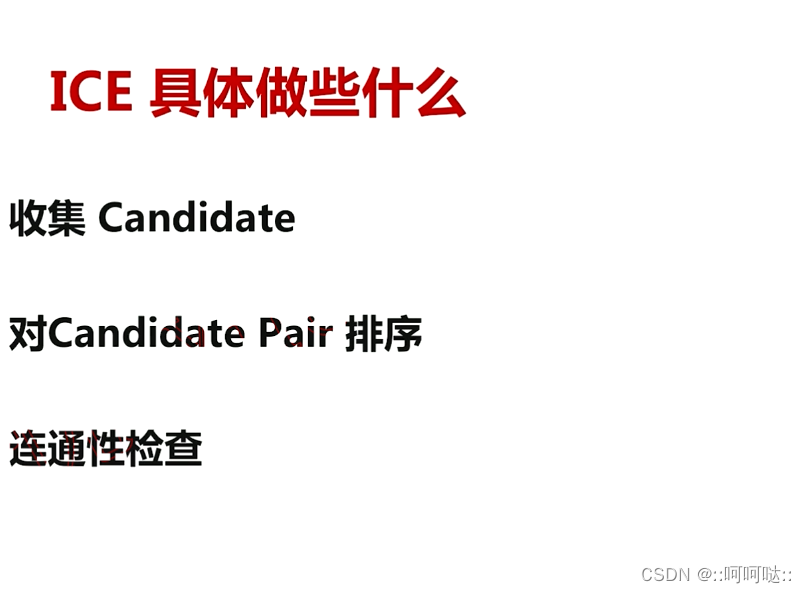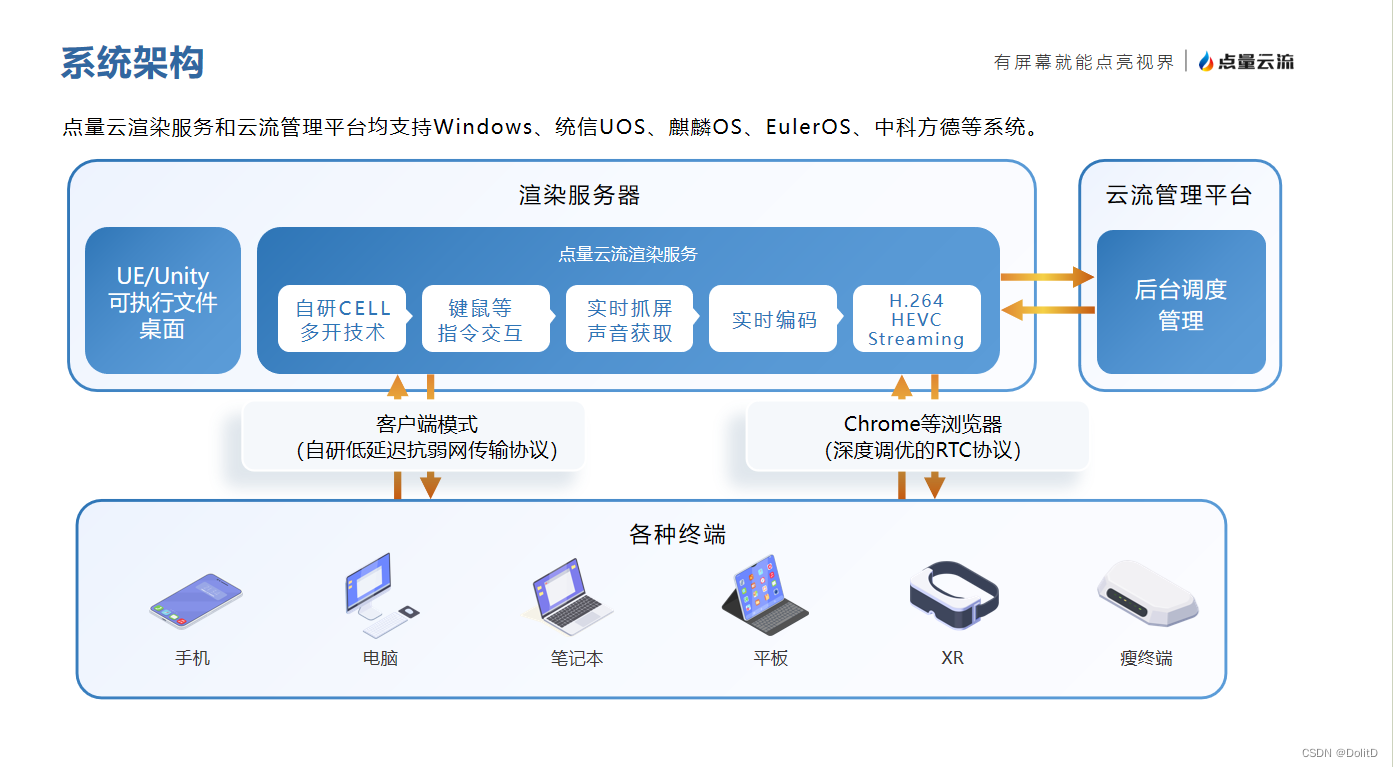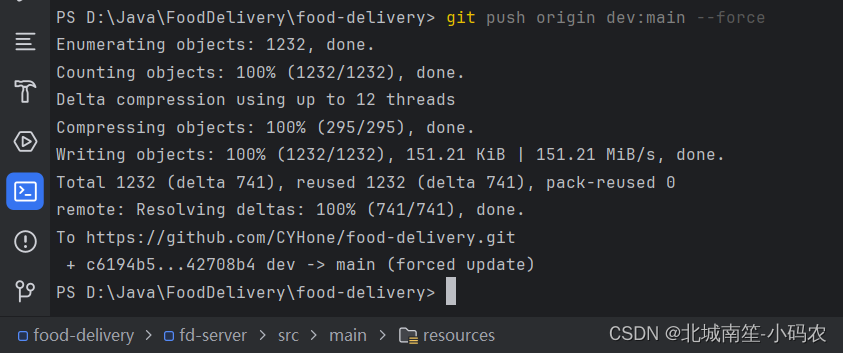Part IX: Work and What Comes Next
第九部分:工作及其未来发展

How to Prepare Kids to Thrive in the AI-Future Workplace
如何让孩子在 AI 未来职场中茁壮成长
It is several months before we launch Khanmigo, and I am speaking at the Stanford Computer Science Department along with a professor named Chris Piech. He tells me a story about a young Stanford student he was advising who came into his office. “She was really upset, saying how she just learned how to code and now artificial intelligence was able to do it better,” Piech says. “She felt like she was already marginalized.”
在我们推出 Khanmigo 的几个月前,我和一位名叫 Chris Piech 的教授在斯坦福大学计算机科学系演讲。他给我讲了一个故事,讲的是他的一位年轻斯坦福学生前来找他咨询。“她非常沮丧,说她刚刚学会了编程,但现在人工智能可以做得更好,”Piech说。“她觉得自己已经被边缘化了。”
For the past twenty years, software engineering and data science have been the hottest two jobs for young people right out of college. We encourage them to go into these professions if they want to be part of the future. We advocate for students to learn how to code to become part of the digital economy. But what we now know is that generative AI can do this well.
在过去的二十年里,软件工程和数据科学一直是大学毕业生最热门的两个工作。如果他们想成为未来的一部分,我们鼓励他们进入这些职业。我们倡导学生学习编程,成为数字经济的一部分。但我们现在知道,生成式 AI 可以很好地完成这些工作。
This creates tension. We are afraid to allow kids to use AI tools in school in order to prevent cheating, despite the fact that they will have future jobs requiring close symbiosis with these same tools. This is compounded by what Bill Gates calls another “confounding paradox.” We now have a tool that makes it easier for those who want to learn, but sadly, in some cases, it makes people wonder if they need those skills at all. Why should students learn skills that AI can do better?
这就造成了紧张局势。为了防止作弊,我们害怕让孩子在学校使用人工智能工具,尽管他们未来的工作需要与这些工具紧密共生。比尔·盖茨称之为另一个“令人困惑的悖论”加剧了这种情况。我们现在有了一个让想学习的人更容易的工具,但遗憾的是,在某些情况下,它让人们怀疑是否需要这些技能。为什么学生要学习 AI 可以做得更好的技能?
“So what did you tell her?” I ask Piech.
“那你跟她说了什么?”我问 Piech。
“I said I believe the ability to code is going to be really important. I told her if she wants to create any type of major solution, including a solution that uses generative AI, even if the generative AI can write pieces of code, you really need to know how those pieces can fit together.”
“我告诉她,我认为编程能力将非常重要。我告诉她,如果她想创建任何类型的重大解决方案,包括使用生成式 AI 的解决方案,即使生成式 AI 可以编写代码片段,你仍然需要知道这些代码片段是如何组合在一起。”
In other words, he says, it will be important to learn to work in concert with generative AI. In order to build anything, you are still going to need to know how the pieces fit together and how they actually work.
换句话说,他说,学习如何与生成式 AI 协同工作将很重要。为了构建任何东西,你仍然需要知道这些部分如何组合在一起以及它们实际如何工作。
Entry-level employees who understand AI, and use it, will be far more efficient than those who don’t. My fourteen-year-old son loves to code and aspires to someday make video games. I think he has a great shot at this, but I also encourage him to use generative AI to tackle more ambitious projects than he would ordinarily be able to do on his own. He is going to be able to make games that, before generative AI, would have required a team of half a dozen professional engineers to create.
了解并使用人工智能的入门级员工将比那些不使用人工智能的员工效率高得多。我的十四岁儿子喜欢编程,并希望有一天能制作视频游戏。我认为他有很大的机会做到这一点,但我也鼓励他使用生成式 AI 来处理比他自己通常能够做的更雄心勃勃的项目。他将能够制作出在生成式 AI 之前需要半打专业工程师团队才能制作的游戏。
It is well documented that generative AI can write with real competency. This does not mean that one should not learn how to write. If one of my children came to me and said they wanted to be a screenwriter, I would tell them to get really good at writing screenplays. Then I would encourage them to use generative AI to take on more and more enterprising projects. You need to be good at a craft in order to know what high quality looks like. Even more, an individual with a strong sense of story and film will no longer have to stop at the screenwriting phase. A screenwriter could actually produce the movie with the help of generative AI. This technology can already produce music and videos. It can even edit raw footage. A film that used to cost a hundred million dollars and take several years to make will likely soon be doable by a handful of film students with a fraction of that budget. We do not know how much better these systems are going to get, but even the current generation of AI is starting to cause a disruption along these lines in the film industry, as well as in many others.
有充分的证据表明,生成式 AI 可以胜任写作。这并不意味着一个人不应该学习如何写作。如果我的孩子之一来找我说他们想成为编剧,我会告诉他们要非常擅长写剧本。然后我会鼓励他们使用生成式 AI 来承担越来越多的创新项目。你需要精通一门工艺才能知道高质量是什么样子。更重要的是,一个具有强烈故事和电影感的人将不再需要停留在编剧阶段。编剧实际上可以在生成式 AI 的帮助下制作电影。这项技术已经可以制作音乐和视频,甚至可以编辑原始镜头。过去需要花费一亿美元和几年时间制作的电影,很可能很快就能由一小群电影学生以一小部分预算完成。我们不知道这些系统会变得多么优秀,但即使是当前一代的人工智能也已经在电影行业以及许多其他行业引起了颠覆。
Early controlled studies on productivity improvement due to AI by the Wharton School are seeing 30 to 80 percent performance improvement on many high-powered white-collar analytical tasks. This includes stronger and more concise writing, analysis, consulting, and programming.
沃顿商学院早期对人工智能提高生产力的控制研究发现,许多高强度白领分析任务的表现提高了 30% 到 80%。这包括更强大和更简洁的写作、分析、咨询和编程。
“If you want to be in these fields, AI is, and will remain, a part of your life,” Mollick says. “You need to figure out if you can use AI to be ten times more productive—meaning there remains a need for humans to be in the loop. If you are trying to be a copy editor, a coder, or even a roofer, you will need to be a centaur, only instead of being half human and half horse, you must be half human and half large language model.”
“如果你想进入这些领域,人工智能是并且将继续是你生活的一部分,”莫里克说。“你需要弄清楚是否可以使用人工智能使生产力提高十倍——这意味着仍然需要人类参与。如果你想成为一名文案编辑、程序员甚至屋顶工,你都需要成为一个半人马,只是你不是半人半马,而是半人半大型语言模型。”
To meet the demands of this new world of work, educators are going to have to, explicitly or implicitly, continue making their students familiar with these tools and the power that they have. Generative AI is what’s called a general-purpose technology, one that comes along very rarely. Think of the transformations brought about by steam power, computers, or the internet. Generative AI is likely to transform our lives faster, and more profoundly, than any of these previous inflection points.
为了满足这个新工作世界的需求,教育工作者将不得不显性或隐性地继续让学生熟悉这些工具及其功能。生成式 AI 被称为通用技术,非常罕见。想想蒸汽动力、计算机或互联网带来的变革。生成式 AI 可能比任何这些先前的转折点更快、更深刻地改变我们的生活。
The Industrial Revolution was all about specialization of labor. We created assembly lines and workers then specialized in certain jobs on that assembly line. That trend has continued ever since, as complex organizations have developed complex systems. The benefits of specialization are going to continue in an AI world.
业革命的全部意义在于劳动专业化。我们创建了装配线,然后工人们在装配线上专门从事某些工作。自那以后,这一趋势一直持续下去,因为复杂的组织开发了复杂的系统。专业化的好处将在人工智能世界中继续。
“Exactly what the job market of tomorrow looks like is very hard to predict, but the deeper the skill set, whether it’s medical consultation, scientific thinking, or customer support, the more value it’s going to have, even in a world where productivity will be enhanced by AI,” Bill Gates tells me. Not only is there more reason than ever for kids to continue to learn about their fields of interest, he says, but students need to accelerate learning these skills, and to learn them as well as possible. “Entry-level jobs are going to require people to understand how to use large language models and all of the tools they offer. You’ll need them to create everything from invoices to business plans. The workplace is going to encourage its workforce to come up with the best product it can. The higher your skill level is, the more your skill will retain a substantial value in the workforce. It’s the workforce plus the AI, working together.”
“确切地说,未来的就业市场是什么样子很难预测,但技能越深,无论是医疗咨询、科学思维还是客户支持,即使在生产力将由人工智能增强的世界中,它的价值也越大,”比尔·盖茨告诉我。他说,孩子们继续学习他们感兴趣的领域的理由比以往任何时候都更多,但学生需要加速学习这些技能,并尽可能地学好。“入门级工作将要求人们了解如何使用大型语言模型及其提供的所有工具。你将需要它们来创建从发票到商业计划的一切。职场将鼓励其员工提出最好的产品。你的技能水平越高,你的技能在劳动力中的价值就越高。这是劳动力加上人工智能,共同合作。”
Yet, in the world we are entering, it is not just about specialization. Those who succeed might be deep in one or two areas, but they also need entrepreneurial expertise in a broad set of domains in order to put all of the pieces together.
然而,在我们即将进入的世界中,不仅仅是专业化。成功的人可能在一两个领域有深入的研究,但他们也需要在广泛领域具有创业专长,以便将所有部分结合在一起。
This is nothing new. When I started Khan Academy, I knew how to code, so I was able to start prototyping it without needing any money or help. I was also good at putting together tools that already existed and seeing utility in them that others did not. I used YouTube for videos and instant messaging to communicate with the cousins I was tutoring. I was a hedge fund analyst, so even though I had never run a nonprofit before, I knew enough about finance and accounting to get it off the ground. People who are able to embark on a project this way will always have an advantage as entrepreneurs, but there is a limit to how far they can go on their own. At some point, they need to raise money and hire people. Just as software and the internet facilitated remarkable growth (I was able to scale Khan Academy to one hundred thousand users as a side hobby on my own), generative AI will allow the next generation of entrepreneurs to go even further.
这并不新鲜。当我创办可汗学院时,我知道如何编程,所以我能够在不需要任何资金或帮助的情况下开始制作原型。我还擅长将现有的工具组合在一起,并在其中看到他人没有看到的实用性。我使用 YouTube 制作视频,并使用即时消息与我辅导的堂兄弟姐妹沟通。我是一名对冲基金分析师,所以即使我之前从未经营过非营利组织,但我对财务和会计的了解足够让它起步。能够以这种方式启动项目的人将始终在创业者中具有优势,但他们独自前进的能力是有限的。在某个时候,他们需要筹集资金和雇用人员。正如软件和互联网促进了显著增长(我能够将可汗学院扩展到 10 万用户,这只是我自己的一个业余爱好),生成式 AI 将允许下一代企业家走得更远。
We are entering a world where we are going back to a pre–Industrial Revolution, craftsmanlike experience. A small group of people who understand engineering, sales, marketing, finance, and design are going to be able to manage armies of generative AI and put all of these pieces together.
我们正进入一个回到工业革命前的工匠式体验的世界。一小群了解工程、销售、营销、财务和设计的人将能够管理大批生成式 AI 并将所有这些部分组合在一起。
When economists talk about the factors of production, they talk about things like capital, labor, land, and other resources such as energy. But they also talk about entrepreneurship. From an economics point of view, entrepreneurship is really the creativity of knowing how to put resources together in order to create value. So how do we prepare every student to be this type of entrepreneur?
当经济学家谈论生产要素时,他们会谈论资本、劳动力、土地和其他资源如能源等。但他们也谈论创业精神。从经济学的角度来看,创业精神实际上是知道如何将资源组合在一起以创造价值的创造力。那么我们如何让每个学生都成为这种类型的企业家呢?
Step one is to get out of the way. I believe all human beings are born highly creative and entrepreneurial. Unfortunately, our Industrial Revolution–designed education system unintentionally suppresses both traits. Kids learn to sit in rows, make no noise, and take notes. They are spoon-fed knowledge and forced to learn in lockstep. Both academically and socially, nonconformity is punished. When students are young adults and most capable of being creative entrepreneurs, the system instead bogs them down with hours of busywork that squeezes out any time for their passions.
第一步是不要挡道。我相信所有人天生都具有高度的创造力和创业精神。不幸的是,我们工业革命设计的教育系统无意中抑制了这两种特质。孩子们学会坐成一排,不发出声音,并做笔记。他们被填鸭式灌输知识,并被迫同步学习。在学术上和社交上,非一致性会受到惩罚。当学生是年轻成年人并且最有能力成为创造性企业家时,这个体系却用长时间的琐事工作压垮他们,挤掉了他们任何追求激情的时间。
Step two is a little bit more traditional. As Bill Gates mentioned, the successful workers of the future will be those with deep and broad skills. The “three Rs” of reading, writing, and arithmetic are more important than ever. On top of that, a solid appreciation and understanding of history, art, science, law, and finance would round out someone well. Luckily, we now have the technological tools to ensure the mastery of these skills without having to enforce the lockstep learning of the industrial age.
第二步则更传统一些。正如比尔·盖茨提到的,未来的成功工人将是那些拥有深厚和广泛技能的人。“三 R”——阅读、写作和算术比以往任何时候都更重要。在此基础上,对历史、艺术、科学、法律和金融的扎实理解和认识将使人更加全面。幸运的是,我们现在拥有技术工具,可以确保掌握这些技能,而不必强制执行工业时代的步调一致的学习。
Finally, it’s more important than ever that students have strong communication, collaboration, and empathy skills. Traditional entrepreneurship tends to invoke ideas of starting a business, but what I am describing goes much further and includes a more personal vision. It is an ability to look at the various parts of your job, and to see any problem that needs solving, to know where you must focus your research and to understand the pieces that you need to put in place in order to solve it. To thrive in an AI world, everyone needs to be this type of entrepreneur, even if they are working for someone else. Schools can make this happen by putting students in the driver’s seat more often, using AI tools to better support student mastery of core skills and free up time for student agency and creativity.
最后,比以往任何时候都更重要的是学生要拥有强大的沟通、协作和同理心技能。传统的创业往往会引发创业的想法,但我所描述的远不止于此,它包括一个更个人化的愿景。它是一种能力,可以审视你的工作的各个部分,看到任何需要解决的问题,知道你必须在哪里集中你的研究,并了解你需要到位哪些部分才能解决它。为了在人工智能世界中茁壮成长,每个人都需要成为这种类型的企业家,即使他们是为别人工作。学校可以通过更频繁地让学生掌握方向盘,使用人工智能工具更好地支持学生掌握核心技能,并为学生的自主性和创造力腾出时间来实现这一目标。

“点赞有美意,赞赏是鼓励”
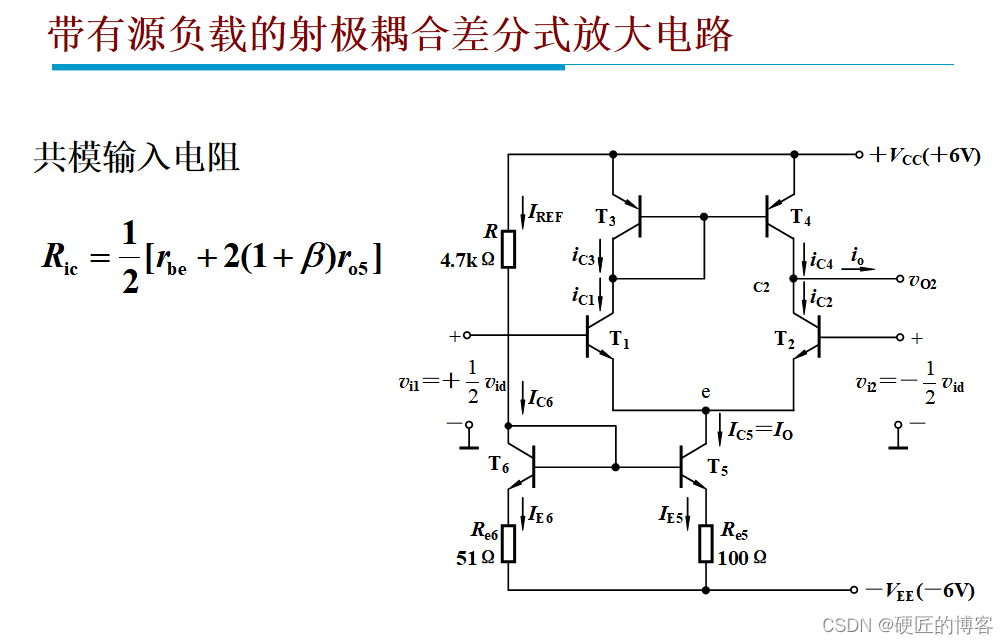



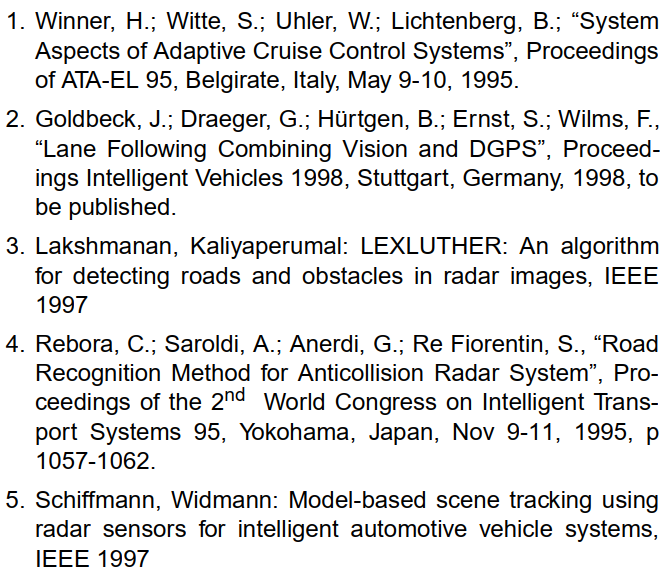


![小红书评论爬取使用教程[八猪采集器]](https://img-blog.csdnimg.cn/img_convert/8926593b2057d4b101fda5c042b94811.png)
